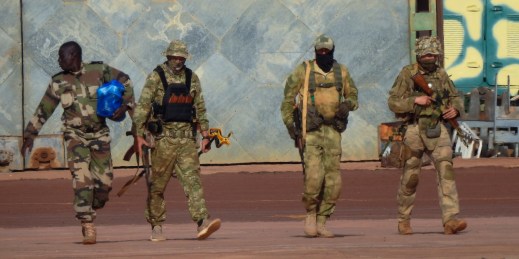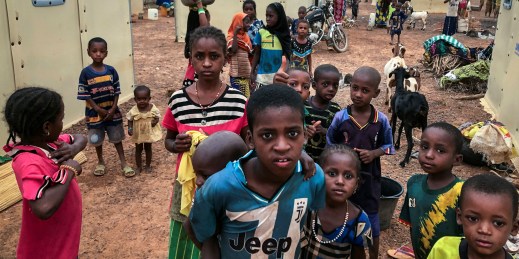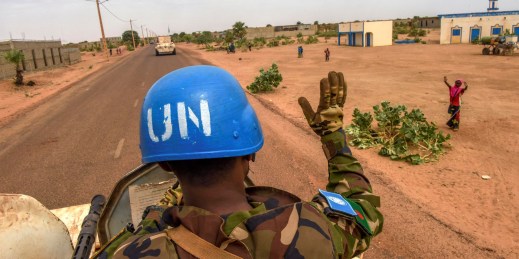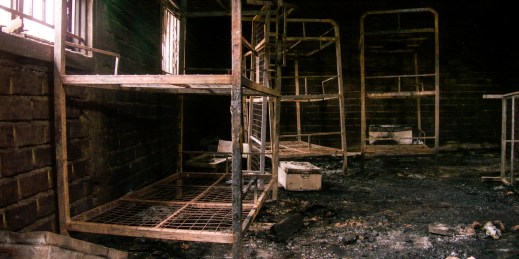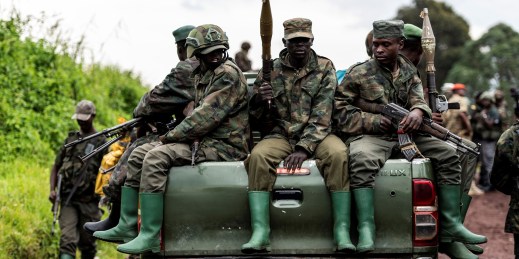
Nearly 1 million people have been displaced in eastern Congo since rebels from the March 23 Movement, or M23, reemerged in early 2022 after having been dormant for almost a decade. Since then, the insurgency has caused humanitarian needs in the area to skyrocket, while raising thorny questions about regional stability.

